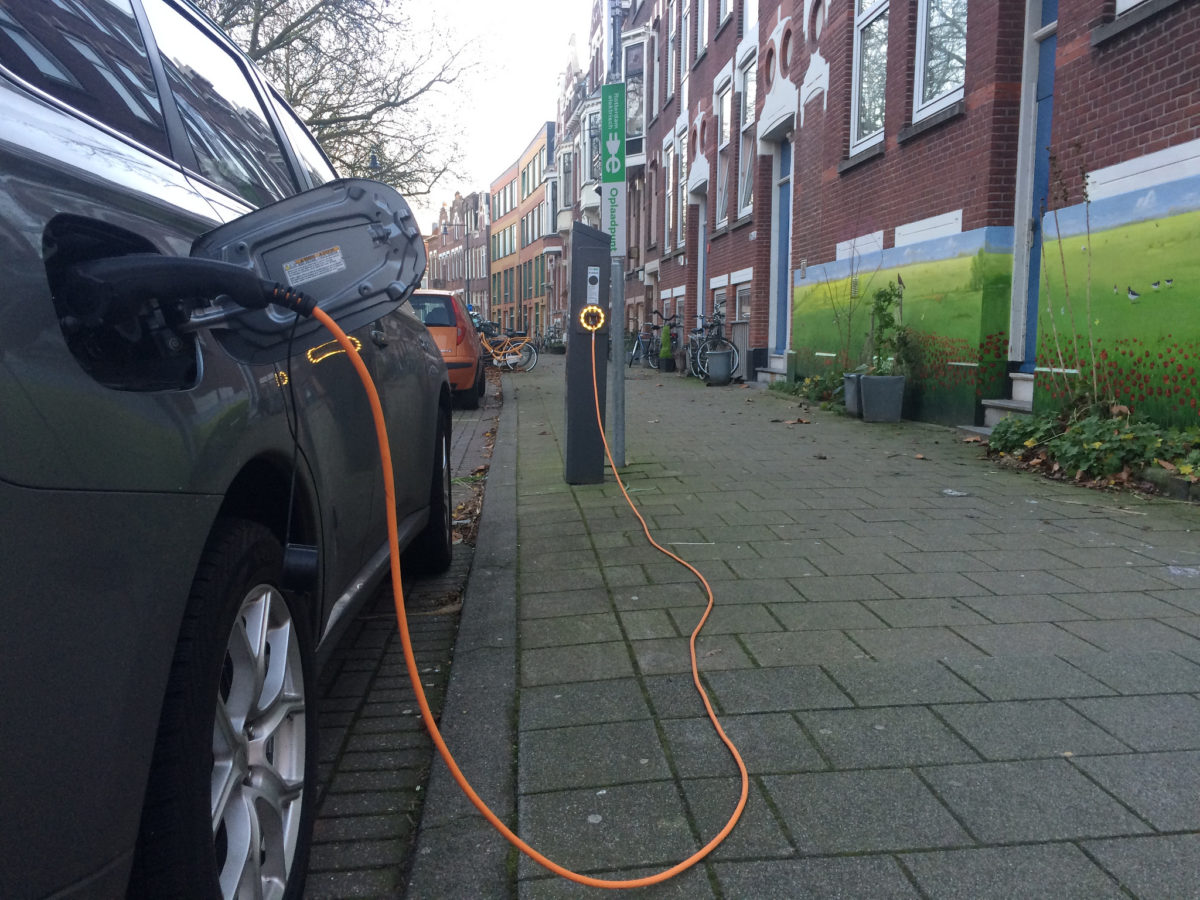To paraphrase Christ, “Oh we, of little faith”.
Three weeks ago, we published a report about the findings of a controversial consultation exercise conducted by the U.K. government into a plan to end Britain’s FIT regime.
Revealing the government’s Department of Business, Energy and Industrial Strategy (BEIS) had opted to ignore the lion’s share of responses to the exercise and go ahead and ditch the flat payments scheme for small-scale renewable energy generators anyway, it seemed politicians – and in particular Energy Minister Claire Perry – were going back on recent denials that solar households would not receive export payments for electricity fed back into the grid.
A statement issued by BEIS to announce the findings of the consultation said small-scale generators would be reimbursed under the U.K.’s ‘levelization process’ whereby energy suppliers share the cost of such export payments between them and are able to pass their administrative costs for accommodating small-scale generation on to such households and businesses.
BEIS proposal welcomed
Today, however, Ms Perry has announced an alternative to the FIT scheme which would safeguard export payments. Under the proposed Smart Export Guarantee, payments would be made to generators based on the actual amount of energy exported back to the grid, rather than handing over FIT payments based on an assumed export level of half the volume of electricity generated, regardless of the true figure exported.
Once again, pv magazine is able to say Ms Perry stayed true to her word when she stated publicly that people should not be expected to export excess electricity back to the grid without reward. Even more impressively, the proposed new payments scheme – which itself is out for consultation until March 5 – has won measured approval from U.K. solar and renewables bodies.
“We give these proposals a cautious welcome,” said Chris Hewett, CEO of the U.K.’s Solar Trade Association. “We are very pleased the government is unequivocal; small generators will be compensated for the power they contribute to the system, but the issue remains providing remuneration at a fair market rate. We are particularly pleased to see a clear requirement to meet MCS [microgeneration certification scheme] standards for participation in the scheme, which means safeguards for consumers will be retained.
“Positively, the government again identifies the System Sell Price [part of the balancing system energy market applied to each half hour of energy trading] as accurately reflecting the market value of power spilled to the grid. However, the consultation acknowledges many of the market barriers we have raised with government and the associated costs. Our worry is that these may impede the ability of suppliers to offer fair and meaningful rates, even though they may wish to. Customers are freely able to switch suppliers in a competitive market so where these costs fall remains vital to developing meaningful offers.
EVs and battery storage will be good news for all
“Nevertheless this is a good basis for consultation. The devil really is in the detail here, so we very much hope that government will listen very carefully to the responses to this consultation, as they were urged to do by Douglas Ross MP … today.”
BEIS says existing technology, such as smart meters, will enable small scale energy generators to sell excess energy into what is envisioned as a new marketplace, where energy suppliers bid against each other, at the same time raising the value of export payments – depending on energy demand – and evening out demand peaks and troughs, thereby helping reduce bills for all consumers.
Today’s announcement added, the adoption of electric vehicles and household battery storage across the U.K. will enable small scale generators to further maximize their export payments by storing excess energy to be fed into the grid at times of peak demand.
Though there is no mention of a floor price for export payments, as called for previously by the STA, the positive noises made by the trade body were echoed by the U.K.’s Renewable Energy Association (REA) which, like the STA, claimed the proposed new regime was in part thanks to suggestions it made to government in previous consultations.
Just don’t mention the B word…
James Court, Director of Policy and External Affairs at the REA said: “These proposals could usher in a new era for small-scale renewables and offer a subsidy free means for homeowners and businesses to generate their own low-cost, low-carbon electricity.
This content is protected by copyright and may not be reused. If you want to cooperate with us and would like to reuse some of our content, please contact: editors@pv-magazine.com.




This is welcome news on the one hand, but if the export price is 1.00Pence, then that would be the death of it.
We do need to have a guarantee that the export price is the average of what the industry has to pay for it on the open market.
“…Politicians – and in particular Energy Minister Claire Perry – were going back on recent denials that solar households would not receive export payments for electricity fed back into the grid..”
Please don’t not avoid triple negatives.
I promise I won’t not never do that again. Max.
Theresa Ribera has a better idea in Spain. The new Royal Decree states that households will be paid the wholesale rate, subject to a price smoothing mechanism to keep things simple for all parties. The algorithm for the smoothing still needs to be defined, but it’s not rocket science..